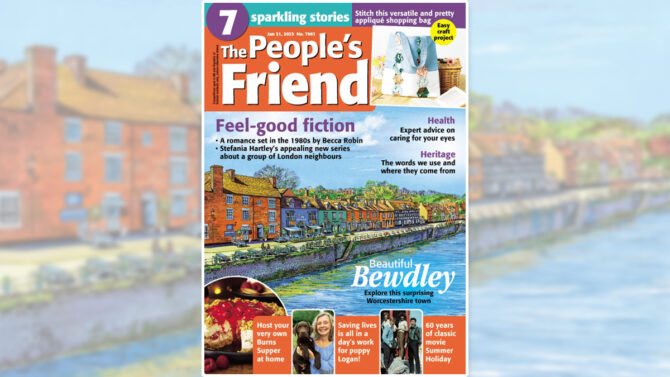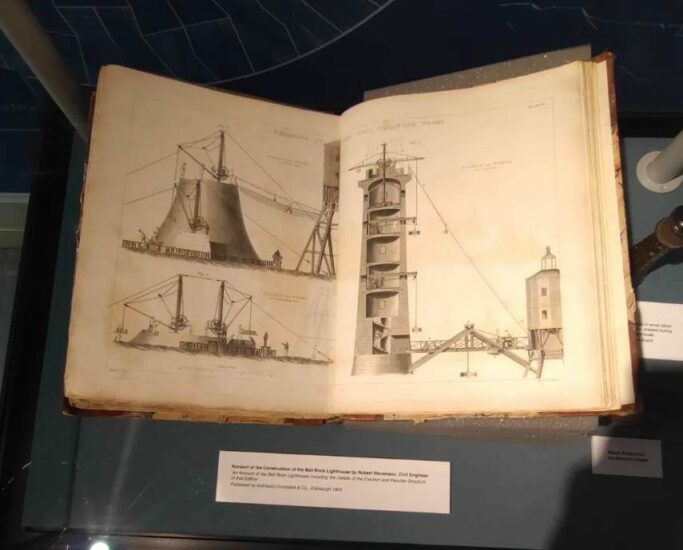 Shutterstock / hoyaphoto©
Shutterstock / hoyaphoto©Is goblin mode gobbledygook? That was the question I was left asking myself following a Features meeting last month, in which the Team was discussing the word of the year. Which, strictly speaking, turns out to be two.
Following the first ever public vote, the Oxford Word of the Year 2022 was deemed to be “goblin mode”. It was judged to meet the criteria “to reflect the ethos, mood, or preoccupations of that particular year”. The Team was a bit mystified, none of us had been aware of the term, never mind utter the words.
Evolving Language
According to Oxford University Press, goblin mode means “a type of behaviour which is unapologetically self-indulgent, lazy, slovenly, or greedy, typically in a way that rejects social norms or expectations”. I may never have uttered the words before but on reflection may have unwittingly slipped into character a few times!
All joking aside, it just goes to show how the English language is forever evolving. Some words fall out of fashion or take on completely different meanings. Others — goblin mode — push their way into the pages of the Oxford English Dictionary.
One chap who knows all about evolving language is Paul Anthony Jones, author of “Why Is This A Question?”
Paul is an etymologist — a person who studies “the origin and history of words and their meanings” (according to the Oxford English Dictionary).
Put in simpler terms, Paul — who has a Twitter following of more than 90,000 and described as a “linguistic phenomenon” — is passionate about words. He likes nothing better than reviving words that have fallen out of use and sharing them with a growing band of followers. We’ve highlighted a few seasonally relevant words selected by Paul below:
Fascinating Words
SCRUMPETY — A 19th century adjective describing ground that has frozen hard with the first harsh frost of the winter.
CHIBBLY — a frosty, leaf-covered ground that crunches when you walk on it.
ICE-LEGS — If a person’s sea-legs refers to their ability to endure seasickness, then the 19th century term ice-legs refers to their skill at walking safely across frozen ground.
SNOWMANSHIP — nothing to do with building snowmen. Instead, it describes a person’s ability to walk or trudge through snow-covered ground.
Along with more fascinating words like these, Paul also shares his wisdom on other facts and oddities of language, including a fascinating insight into the history of our alphabet. You can read the full feature in “The People’s Friend” January 21 issue.

Copyright of DC Thomson.
Available in most major supermarkets and newsagents, or to order online. Make sure you never miss another issue by subscribing to The People’s Friend and receiving every issue delivered straight to your door.
Find out more about Paul Anthony Jones and his book here.
Read Angela’s Editor’s Diary discussing word and language pet peeves.




